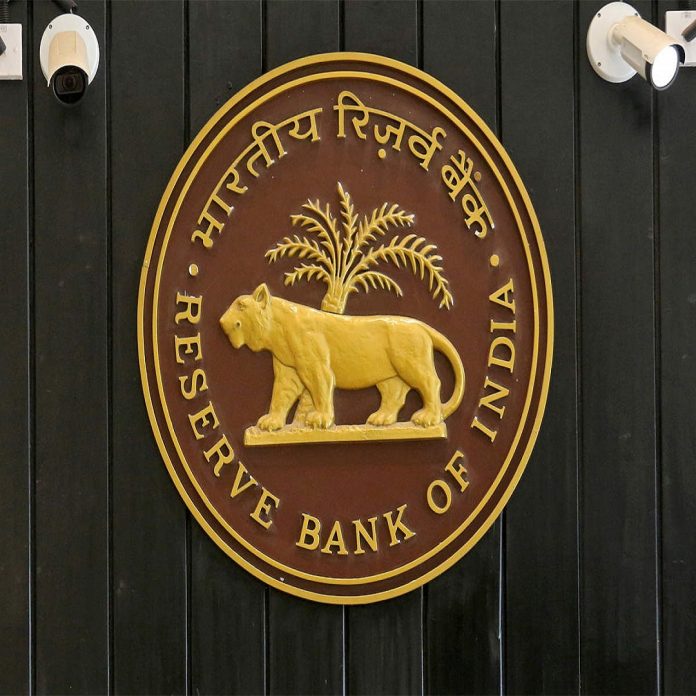New Digital Payment Platform: RBI feels that the issue of data security related to foreign entities is a major concern and hence, has decided not to go ahead with the new licence.
New Digital Payment Platform: The Reserve Bank (RBI) has currently banned the entry of new companies to create a digital payment platform. Earlier, the Reserve Bank had allowed new companies to end the dominance of the National Payments Council of India (NPCI) in online transactions. According to the news published in Mint, now keeping in mind the data security reasons, the Reserve Bank has put it on hold for the time being.
‘New Digital Payment Platform’ plan in cold storage
Let us tell you that last year the Reserve Bank of India (RBI) itself had invited EOIs (Expressions of Interest) from companies to prepare a new payment network, that is, tell the companies who are interested in it. Subsequently, at least six consortiums or groups led by Amazon, Google, Facebook, and the Tata group applied for a New Umbrella Entities (NUEs) license. These companies had also partnered with Reliance Industries and ICICI Bank for this. However, public sector banks State Bank of India (SBI), and Union Bank of India were barred from joining by the Finance Ministry as they were shareholders in NPCI.
Read More: Who will get the LPG Cylinder Subsidy now? Government clarifies
RBI worries about data security
One of the two people with knowledge of the matter, on the condition of anonymity, said that the RBI feels that the issue of data security involving foreign entities is a major concern and, therefore, does not proceed with the new license. has decided. However, the RBI move faced criticism from bank unions from the outset, and neither state-run banks were happy with their removal. The unions had raised concerns over allowing foreign entities to set up payment networks in India.
Lessons from Mastercard, MobiKwik
News agency Reuters also reported in June that the All India State Bank of India (SBI) Staff Federation and UNI Global Union had urged the Reserve Bank to scrap the licensing process and focus on strengthening the NPCI. In fact, recently, the case of Mastercard non-compliance regarding data localization rules also came to the fore, due to which the Reserve Bank banned it, which is why the Reserve Bank may reconsider the NUE proposals.
Global payments companies such as Mastercard, Amex, and Diners Club have failed to submit audit reports certifying compliance with Indian regulations even three years after the rules were issued. Not only that, the recent data breaches in MobiKwik and Bigbasket may have taken cognizance of the risks involved in allowing the private sector to manage payment transactions by the RBI.



